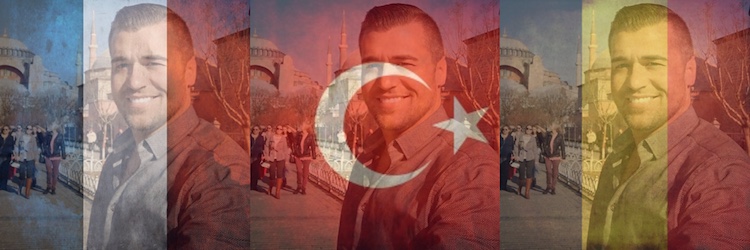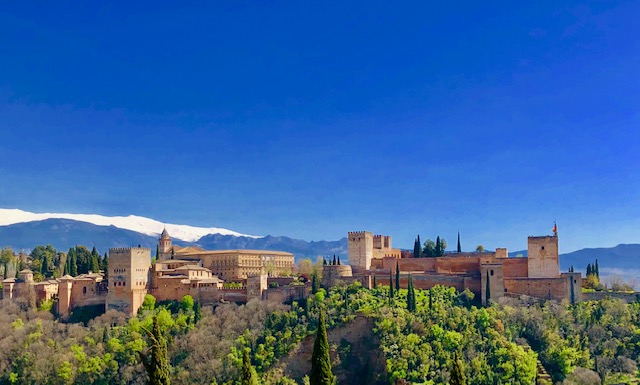Debating Tragedy Memes, or the Lack Thereof

Americans are neither heartless nor racist because they do not respond to attacks in Asia and Africa the same way they respond to attacks in Europe. They’re simply human.
With the latest round of senseless terrorist slaughter in Pakistan, where 72 people were killed in the Quetta hospital bombing targeting mostly lawyers, and Iraq, where at least 324 people were killed in yet another Baghdad car bombing, also comes another round of charged chatter about whether the lack of social media memes for these events — compared to similar tragedies in Europe and North America — are indicative of, at best, a lack of compassion for those victims or, at worst, racism.
In reality, however, it reflects neither.
I was in the Istanbul airport last month just a few hours before terrorists set off explosions there and killed at least 45 innocent people. Hundreds more were wounded, and one of the casualties could have easily been me had I not taken an earlier flight that day than the one I was originally scheduled to take.
Even being that close to a shared experience of tragedy with the Turks, and after having visited Turkey several times now (and many more to come, I certainly hope, despite the efforts of the terrorists), the fact remains that I do not personally have the same breadth and depth of connection with Turkey as I do with the United States and Western Europe. And neither do most Americans.
For that reason, despite our sympathy for the families and loved ones of those who lost their lives or were injured, I naturally did not feel compelled to change my social media graphics to Turkish colors or use Turkish flag overlays in response to these events. And that does not make me a bad person.
Some friends and many acquaintances and commentators often pre judge the actions — or lack thereof — of people on social media following tragic incidents such as these. The assumption is that if they change their social media graphics or post messages about prayers and sympathies in response to attacks in Orlando, Brussels, Paris, London, and Nice but not in Istanbul, Baghdad, Sana’a, Garissa, and Quetta, they must be unsympathetic, heartless, or racist.
Yet those who make such claims fail to understand or recognize the less sinister reasons for this, and disingenuously assign prejudice to those who do not do what they would do. Ironically, it is they who are pre-judging without considering alternative explanations for a lack of expected mass action on social media platforms.
In fact, most Americans have deep personal connections with Europe. A majority of the country has ancestors, some very recent, that come from Europe. And in some families, cultural bonds to ancestral regions are often kept alive and strong through genealogy, storytelling, and other means.
My own family background is Scottish, Irish, English, and German, and my paternal side was especially vigilant in ensuring that we always knew a lot about our Scottish roots, and Scotland and the United Kingdom in general.
Many Americans also live, work, study and travel in Europe, and many Europeans do the same in the United States. This creates personal bonds, memories, shared experiences, and lasting friendships and relationships that further serve to strengthen Americans’ ties with Europe and Europeans.
Yet few Americans travel to the Middle East, and even fewer live, work, or study there. I am one of the exceptions, having both lived in Egypt twice — once to study Arabic for a year and later for work and volunteer projects. I have also traveled extensively throughout the Middle East and I truly love the region and its people.
I do occasionally post sympathetic commentary or graphics about tragic events that occur in Egypt and Israel, another country I have traveled to a lot and which has very strong ties and exchanges with the United States. But I do not fault my fellow Americans who have few or no personal connections to these places and, therefore, do not feel affected as strongly by events there.
I know it’s not because they do not care that other humans are suffering. Rather, it is simply a function of interconnectedness, or the lack thereof, for which we cannot and should not fault anyone.
Those who seek to pre-judge the thoughts, intentions, and compassion of Americans based on how much or little they react on social media to a tragedy in a certain part of the world, especially one to which they have little or no personal connection, are short-sighted at best, and are engaging in a much greater act of true prejudice at worst.


